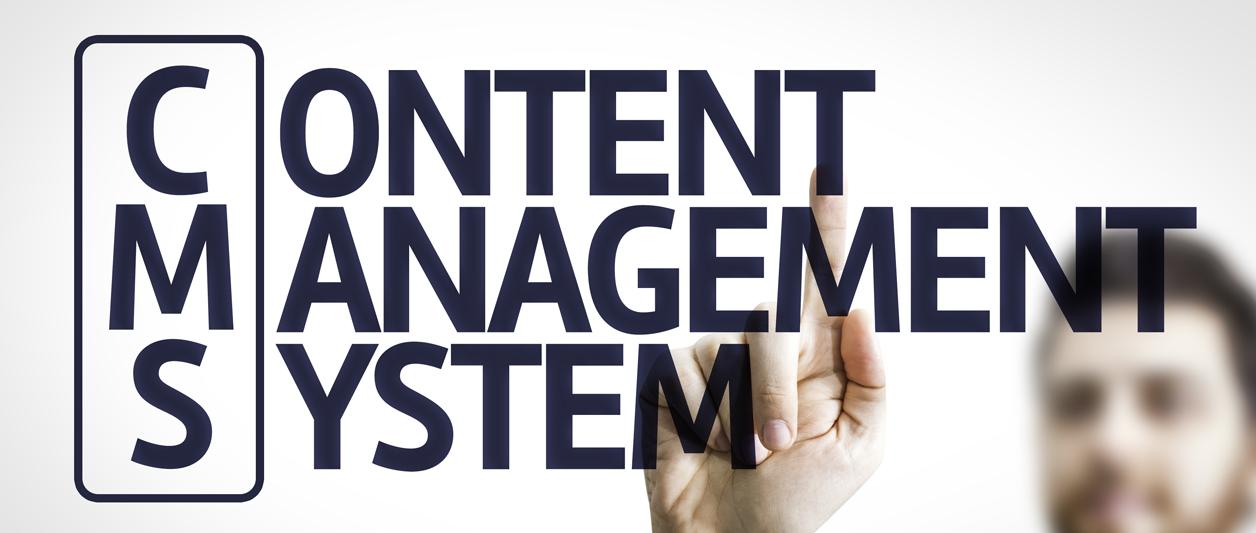
WordPress is one of the most popular CMS (Content Management Solutions) around, and for good reason. It’s easy to get started with and has plenty of community support, but, on the negative side, it can also result in a slow website if you don’t know what you’re doing. To help you decide whether WordPress is the right solution for you, we’ve put together a list of pros and cons for your consideration.
Pros
1. Free
Free, that’s right, free. There’s no catch, its actually free. It is an open source system with countless developers who contribute world wide.
2. Easy to Update, Easy to Get Support
One of the major draws to using WordPress is that users with little to no coding knowledge can learn to navigate this platform. While it takes a little bit of getting used to, generally speaking it is pretty easy to figure out. Because the platform is so popular, it is also quite easy to find developers or community forums that can help you get started and answer technical questions.
3. Responsive Design
Some of Google’s latest algorithm tweaks started favouring mobile-friendly websites, changing the web design game big time. Since this shift, “responsive design” has become a buzzword in the industry and everyone started asking about the mobile friendliness of websites. The good news is, pretty much all modern WordPress templates come with responsive design functionality built-in. That means your website layout will adjust based on the screen on which you view it. Most WordPress templates even allow you to show and hide certain elements based on device specifications, which makes life
so much easier.4. Feature Rich
WordPress initially started as a blogging platform years ago, and has since evolved into something much bigger. You can now use it to create the perfect landing page, view your page stats, create SEO-friendly content, and preview content before you put it live. You can fully manage your website through one central CMS platform. A constant stream of fresh content is critical for a website’s success, and the versatility of in WordPress it extremely easy to adjust your site and add new content.
5. Plugins
Nevermind that I put this as number five, it could easily be number one. Plugins are what make WordPress flexible and adaptable. Thanks to the worldwide developer community, there is an endless stream of plugins that you can simply install and start using right away. These are extremely useful applications that add new functionality to a website ranging from e-commerce applications to appointment booking; event registration to custom page design elements. Just like there is an app for everything in smartphones, there is a plugin for everything in WordPress.
Cons
1. Security
The first thing that the biggest critics of WordPress will tell you is that it has security flaws. The open source nature of WordPress, as much of a strength as it is, makes WordPress more vulnerable to security issues. To mitigate this, it helps to be knowledgeable in selecting themes and plugins, as they are what make a site vulnerable to attacks.
2. Customization
It can be tricky to customize WordPress, as it is designed to be a modular system. If you have no coding knowledge you might get confined in whatever functionality your theme offers. In order to create custom layouts and looks, you need a good understanding of how PHP works (the language that WordPress is built on) and how to style the look of a page using HTML and CSS. All and all, the interface could be considered a bit messy, and there’s a bit of learning curve you’ll have to deal with.
3. Regular Updates
This is not so much of a con as it is a maintenance challenge. WordPress and the premium themes are constantly improved and updated. If you are not not set up for automatic updates, this becomes a manual process that you need to keep an eye on. Installing these regular updates is important in order to improve security levels and take advantage of new features that are being added.
4. Speed
Some WordPress themes contain lots of generic code that is unnecessary for most sites. This can result in increased page load times and frustrated users. If you have no prior experience with WordPress you may not necessarily know which themes are good for what purpose, which is why it is important to get professional help. Because WordPress is a pre-built solution, you’ll likely have lots of unnecessary functions that slow down both your users’ experience and your own use of the site.
Is WordPress right for you? We hope our list of pros and cons has helped you decide and, if it’s not, there are plenty of other CMS solutions out there.
-
Need more help finding the right CMS for your website? Let us know and we’ll gladly guide you to the best choice!
Let's Get to Work.
Have an unsolvable problem or audacious idea?
